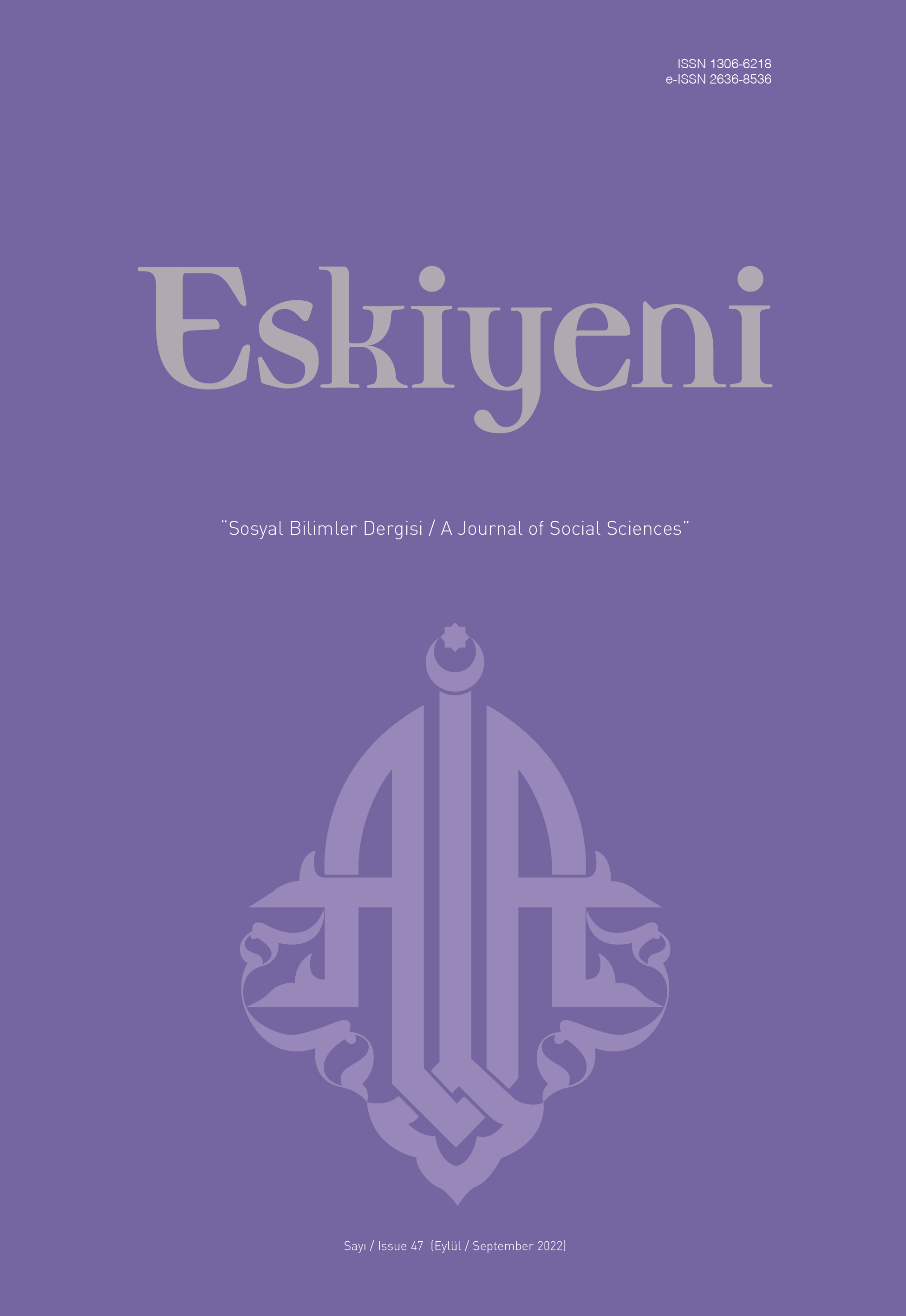Osmanlı Hukukunun Afgan Hukukuna Etkisi: Ceza ve Medeni Kanunları Örneği
The Effect of Ottoman Law on the Afghan Law: In the Example of Panel and Civil Law
Author(s): Mehterhan FurkaniSubject(s): History of Law, Civil Law, Theology and Religion, Islam studies, The Ottoman Empire, Sharia Law
Published by: Anadolu İlahiyat Akademisi
Keywords: Islamic Law; Ottoman State; Afghanistan; Codification Movements; Interaction;
Summary/Abstract: While the Prophet was alive, the companions had consulted to him personally for the solution of every religious matter and to the Qur'an and Sunnah after his death. On the issues that they could not find information in the two sources mentioned, they have made judgments by making ijtihad. Those who were not at the level to make ijtihad obtained information by consulting people who were experts in religious matters. The Muslims who came after them continued to follow the same path. Later, fatwa books were prepared, and these works began to be used in the field of qada as well as fatwa. Although the proposal for the codification of Islamic law was made by Ibn al-Muqaffaʿ (d. 142/759) at a very early period, the act of codification started too late. The legalization activity in the modern western world started at the end of the 18th century and spread to the whole European continent in the 19th century. The Ottoman Empire, influenced by the West, started the act of codification in the modern sense with the Penal Code of 1840. The codification of civil law in the Islamic world started with al-Majalla al Ahkam al Adliyyah (The Ottoman Courts Manual). Hukūk-i Aile Kararnamesi (the Family Law Decree) which was issued in 1917, followed al-Majalla in the field of codification.
Journal: Eskiyeni
- Issue Year: 2022
- Issue No: 47
- Page Range: 743-763
- Page Count: 21
- Language: Turkish

